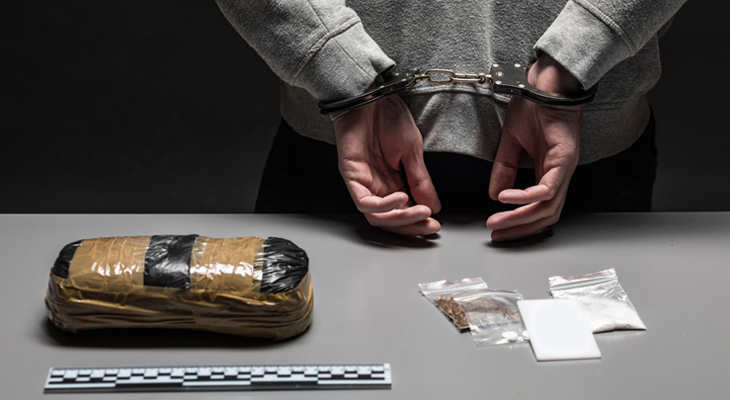
It’s prohibited to possess, control or use certain substances outlined in the Controlled Drugs and Substances Act. It’s not necessarily illegal to possess a controlled substance under certain circumstances. For example, it’s not a crime to use or possess a controlled substance when prescribed by a physician. It’s also not prohibited to use certain substances during scientific research. However, when you use or possess a prohibited substance when no legal justification applies, you can be charged with a drug offence.
A criminal record can create numerous social and employment-related problems in today’s modern economy. It’s important to understand how to avoid a criminal record. If you have been charged with a drug offence in Canada, the first thing you should do is seek proper legal guidance. Make sure to take advantage of your right to consular and remain silent.
Illegal possession of a controlled substance
A person can be charged with illegal possession of drugs when they possess a prohibited substance without any legal justification. A person can also face legal consequences if they possess a legally available drug without having a proper prescription. To prove someone guilty of illegal possession of a controlled substance, the prosecutor must prove three major elements: possession, knowing, and shared possession.
To establish drug possession, the prosecutors have to prove that the person in question intentionally and knowingly had control of an illegal substance. The prosecution needs to establish that the accused intended to use the drug and that they knew the drugs were present.
People often misunderstand the legal meaning of the term ‘possession’. The term means that a person has physical control over an illegal substance. Drug possession applies in situations when someone has a drug in their pocket, in personal custody, in a bag or car or hidden somewhere in their home. Shared possession is when a person has partial control of an illegal substance. For instance, two roommates living in an apartment in which the police found illegal drugs can be charged with shared possession.
When a person is found having a large quantity of an illegal substance, they might end up facing possession offence with the intent to distribute. There is a massive difference between someone possessing drugs for personal use and possessing drugs with the intent to distribute or sell. Drug dealing is a much more serious crime.
Drug offence penalties
Conviction in a drug possession case can lead to a broad range of penalties. Depending on the circumstances in which the crime takes place, the convicted can get a sentence ranging from a minor fine to jail time and heavy fines. The law in your province, type of drug involved, and the criminal history of the accused are some of the factors that determine the severity of a sentence.
Just because the penalty for possessing a certain substance is not significant doesn’t mean you should not seek legal advice. If you or someone you know is facing a possession charge, don’t rely on advice from friends or family. Consult an experienced drug offence lawyer immediately to get accurate guidance on your possession case.
At Slaferek Callihoo, our drug defence team has years of experience providing legal assistance to our clients and helping them avoid conviction. We have a great understanding of the local laws, prosecution, and the court system in Edmonton. Schedule a free consultation now!
